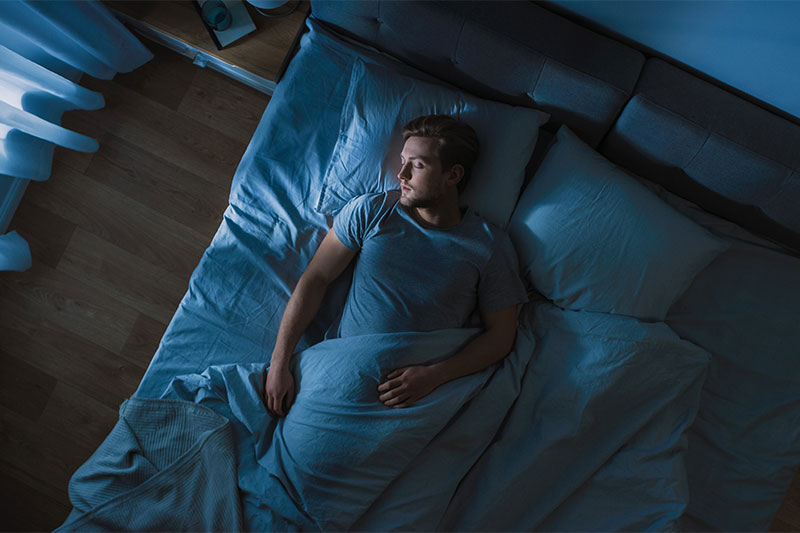
Do you struggle to get a good night’s sleep more often than not? Even if you do everything that sleep specialists recommend such as limiting your caffeine intake and avoiding it after 2 pm? Do you limit your screen time at night and avoid it two hours before going to bed? Do you keep your room as dark as possible? Do you utilize all of the techniques recommended by experts to help you sleep better? And yet, you cannot get a good night’s sleep. Is there a chance that your room isn’t well ventilated?
If you have poor ventilation in your room, that will keep the carbon dioxide levels higher than they should be. That is not healthy for you, and that can most definitely interrupt your sleep! The tossing and turning you do at night when it is stuffy is because of the poor ventilation. You need to find the right solution for that and it is not always opening your vents.
What Is The Right Solution To Improving Ventilation In Your Room When You Sleep?
You will not only want to open the door, even if it is just a crack, but more importantly, open your windows. You will want to do this during the warm weather or the summer. Open your windows when you are sleeping because that will allow the proper air to flow and you will get more oxygen as the carbon dioxide you breathe out will seep through the window. Studies have shown that better ventilation by opening the windows as your sleep improves the sleep quality and quantity too. That means if you are getting broken sleep at night because of poor ventilation then when you keep the windows open, you will sleep soundly for longer periods. That is an easy solution if you struggle to sleep each night. How exactly does sleep become disrupted?
What Is Behind The Disruption Of Sleep?

Your sleeping environment consists of your pillow, bedding, mattress, and sheets. What happens is that when there is no proper ventilation, the air becomes trapped in your sleeping environment and that will mean that not only are you exposed to more carbon dioxide – but you are also facing plenty of allergens from your bedding such as dust mites and their waste, as well as other microbial pests. Therefore, the trick is to have lower levels of carbon dioxide for sleeping which will keep your sleep uninterrupted.
However, that still comes with a caveat. You cannot engage in poor sleep hygiene and expect to sleep well even if the windows are open and airflow improves. You must stick to clean sleep hygiene which means to not consume caffeine after 2 pm except for in very small amounts such as in small pieces of dark chocolate. You also want to keep the screen time in the evening to a minimum and do not engage in any screens two hours before going to bed. That will end up causing you to struggle to sleep even with proper airflow.
The blue lights interrupt your melatonin levels which is the reason that you want to keep the screen time to a minimum. You also do not want to stimulate your mind in any way before bedtime. The best thing to do is before you go to bed, turn off the television and put your computer, tablet, or smartphone away. Read a calming book, listen to calming music, and then open the window. Then you will finally turn off your lights and ensure that your room is pitch dark. Then get under the covers and have a good sound sleep!



